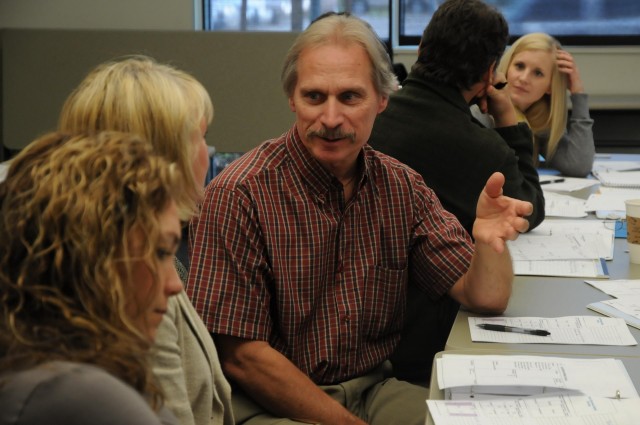Note: There is a more recent version of this post here.
What’s the strongest predictor of success in school, on the field or in your career—IQ, EQ, socioeconomic background, leadership skills or talent? Actually, it’s none of those. It’s grit.
From spelling bee finalists to Westpoint cadets, athletes to rookie teachers, scholars to salespeople, MacArthur fellow and University of Pennsylvania Psychologist Angela Lee Duckworth found two consistent predictors of achievement: grit and self-control.
Duckworth discusses the pioneering research on grit she and her colleagues have been conducting at the Duckworth Lab in the following TED talk.
What Seventh-Graders Taught Duckworth
Having left a lucrative job in management consulting to teach seventh-grade math, Duckworth started noticing something funny. The students with the sharpest IQs were sometimes the lowest achievers, and those with poorer IQ scores sometimes outshone their more talented peers.
None of the typically assumed factors for success accounted for the patterns she was seeing. What did those who excelled have in common?
After five years of teaching, Duckworth got a PhD in psychology to find out. She shares these discoveries in her forthcoming book, Grit: The Power of Passion and Perseverance. Already the #1 bestseller in Educational Certification & Development at Amazon, the book explores why focused persistence gets us further than raw ability.
It’s Not How You Succeed—It’s How You Fail
Those who glide through life don’t get a chance to develop the stamina and chutzpah that help them overcome obstacles when they do arise. Grit is not about skating by but rather about doggedly bouncing back every time you stumble.
Authentic Happiness author and positive psychology luminary Martin Seligman is part of the team heading up the Growth Initiative, which focuses on the subject of growth through adversity.
Seligman and his colleagues are interested in identifying how and why some people thrive following tragedy while others wither. Their goal is “to better understand the conditions under which people can experience positive behavioral changes after going through highly stressful adverse events.”
Japan: A Case Study in Post-Traumatic Growth
Just as a scar thickens the skin, trauma can build the resilience necessary to weather future calamities.
A case study in post-traumatic growth, the nation of Japan flourished following the physical and psychological devastation wrought by the Hiroshima and Nagasaki atomic bombings.
Written following the 2011 Japanese earthquake, tsunami and nuclear reactor crisis, this New York Times article argues that it is Japan’s very history with trauma that would enable it to heal from the latest onslaught.
In the article, authors Peter Fretwell and Taylor Baldwin Kiland outline the five necessary conditions to cultivate in the face of mass trauma:
- a sense of safety;
- calm;
- a sense of self and community efficacy;
- connectedness; and
- hope.
We can carry those lessons over into our individual lives as we learn to cope with—and grow through—adversity.
An Undercover FBI Agent Shares Her Secrets
Former FBI undercover and counterintelligence agent LaRae Quy shares these five tips for building the confidence needed to succeed in a recent article:
- Don’t fear failure. Taking risks, challenging yourself and making mistakes gives us an opportunity to learn—and grow. In other words, it’s what Homer Simpson calls a “crisitunity.”
- Value feedback. Quy cites recent Leadership IQ research indicating that lack of coachability accounted for 26 percent of failed new hires. Those who seek out and embrace constructive feedback are more likely to evolve.
- Practice. It gets you to Carnegie Hall for a reason—the more familiar you are with a task, the more effortlessly you will be able to execute it. You will also recover from a misstep with more grace.
- “Only connect.” Having the support and mutual respect of colleagues will bolster your confidence and strengthen your sense of community.
- Build grit. We’ve already learned the value of grit from Duckworth. There is no pearl without the sand.
How Much Grit Have You Got?
Find out by completing the Grit Survey available at Authentic Happiness. Registration is free, and you’ll gain access to tons of goodies.
How have encounters with adversity led to your growth? Are you ready to up your game?
Chris Cook can help you develop the necessary grit to achieve your goals. Call 541.601.0114 or email Chris today.







